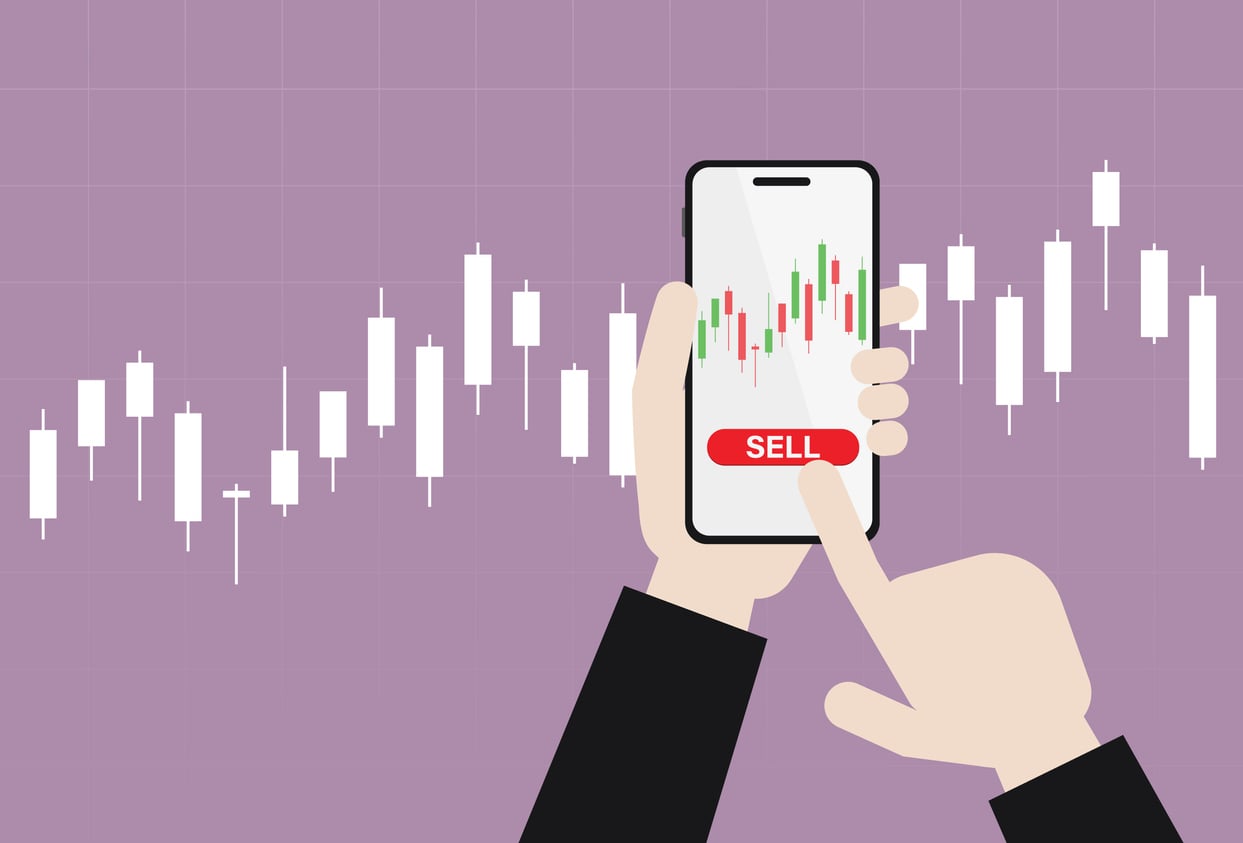How Data Brokers Threaten Your Privacy

Do you know what data brokers are? If not, you should definitely read this blog post. Data brokers are companies that collect and sell your personal information without your consent. They can sell this information to third-party companies, which can use it for a variety of purposes, including marketing and identity theft. In this blog post, we will discuss the dangers of data brokers and how they threaten your privacy. We will also provide tips on how to protect yourself from these threats.
What Does a Data Broker Do?

Data brokers are companies that collect and sell personal data. While some data brokers operate legally, others engage in practices that violate consumer privacy rights. In order to understand how data brokers are legal, it is first necessary to understand what personal data is. Personal data is any information that can be used to identify an individual, such as a name, address, email address, or phone number. Data brokers collect this information from a variety of sources, including public records, surveys, and social media. They then sell this information to businesses for marketing and other purposes. While data brokers are not required to obtain consent from the individuals whose data they collect or sell, they are subject to certain laws and regulations governing consumer privacy. As a result, data brokers who engage in illegal or unethical practices can be fined or prosecuted.
How Are Data Brokers Legal?

Data brokers are legal under current laws in the United States. The Federal Trade Commission (FTC) is the primary regulator of data brokers. The FTC can take action against data brokers if they engage in unfair or deceptive practices, such as failing to properly secure consumer data or misrepresenting how they use consumer data. However, the FTC has not taken any enforcement actions against data brokers to date. Congress is currently considering legislation that would create new regulations for data brokers, but it is unclear if this legislation will pass. Meanwhile, some state legislatures are also considering their own laws to regulate data brokers. It is still too early to tell how these efforts will impact the legal landscape for data brokers.
How To Protect Yourself From Data Broker Threats?

While data brokers can offer some benefits, such as helping businesses reach their target audiences more effectively, they also pose a serious threat to consumer privacy. Here are some tips for protecting yourself from data broker threats:
1. Be aware of what information you're sharing online. Be careful about filling out forms and sharing personal information on websites. If possible, use a pseudonym instead of your real name.
2. Opt out of data collection when possible. Many data brokers allow you to opt out of having your information collected and sold. However, this may not always be possible or practical.
3. Keep your software and security up to date. Data brokers often use sophisticated methods to collect and sell personal information. Keeping your software and security up to date can help reduce the risk of your information being collected and sold without your knowledge or consent.
4. Use a VPN. A VPN (virtual private network) can help protect your privacy by encrypting your internet traffic and making it more difficult for data brokers to track your online activity.
Data brokers can pose a serious threat to consumer privacy, but there are steps you can take to protect yourself, such as being aware of what information you share online and using a VPN. Congress is currently considering legislation that would create new regulations for data brokers, but it is unclear if this legislation will pass. Meanwhile, some state legislatures are also considering their own laws to regulate data brokers. It is still too early to tell how these efforts will impact the legal landscape for data brokers.


